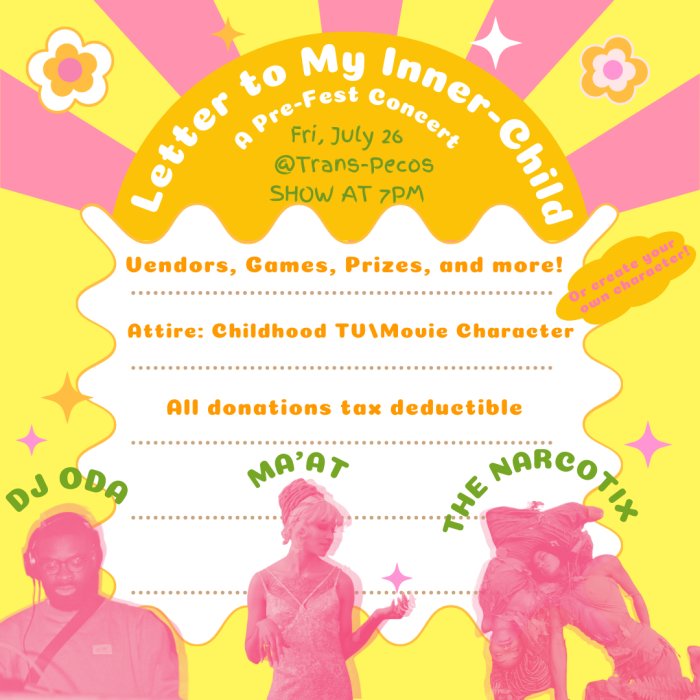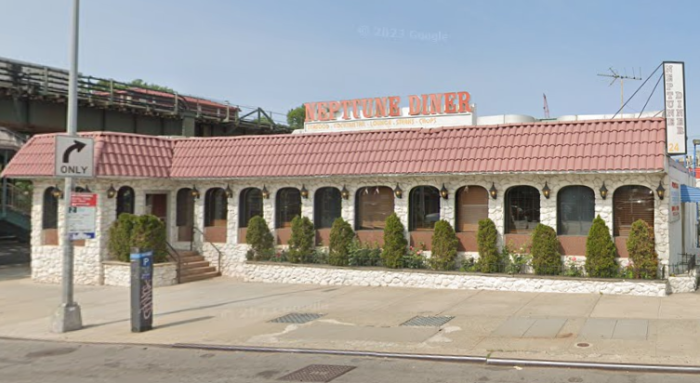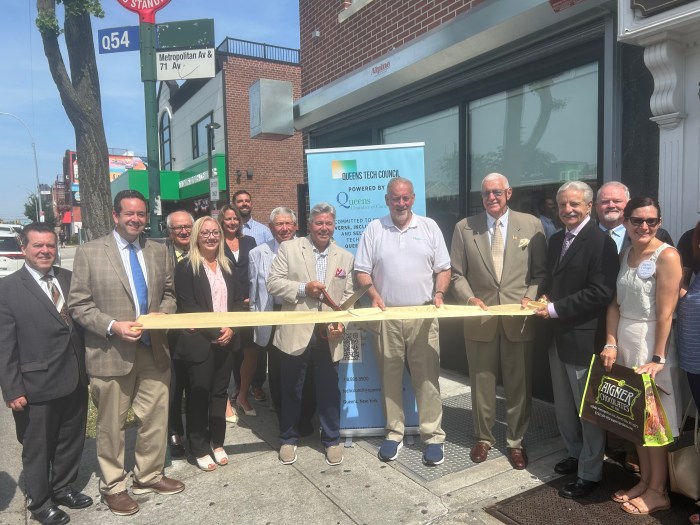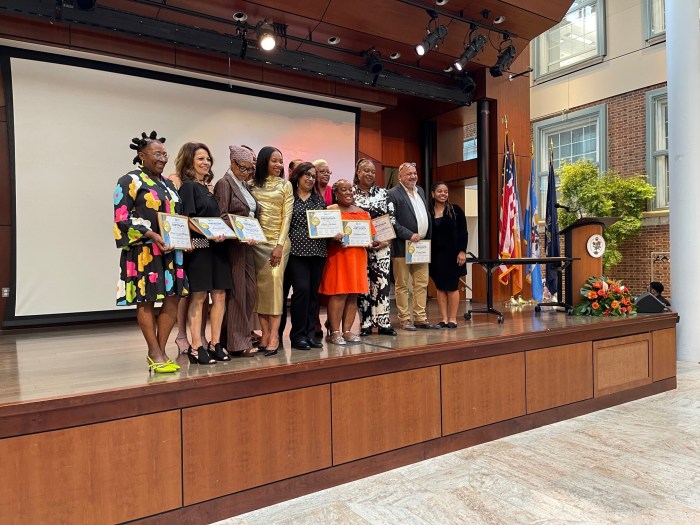BY RONALD A. FATOULLAH, Esq. and DEBBY ROSENFELD, Esq.
It is always best to get one’s estate affairs in order at a time when there are no emergencies and no crises. By doing so, an individual has the ability to plan ahead and to review his/her documents in a discriminating and judicious way. All too often, however, people do things at the last minute, when they are under extreme pressure and time is limited.
A will that a testator drafts and executes when he or she is facing imminent death is commonly referred to as a “deathbed will”. Although a deathbed will may come about under intense and urgent circumstances, it nonetheless may be a valid and binding legal document in New York State. However, a recent Surrogate’s Court case shows that sometimes a will executed close to death will not pass muster. The “matter of Stachiw” is a case in point.
In Matter of Stachiw, the Dutchess County Surrogate determined that a man who executed a will a few days before his death was not legally capable of executing the document. Mychajlo Stachiw was in a hospital dying of liver disease. His former wife, Daria Stachiw, and her attorney arranged for a will to be signed in the hospital. In the will, Ms. Stachiw was named as the sole beneficiary of her ex-husband’s estate. An orderly at the hospital as well as a social worker served as witnesses to the will. Mr. Stachiw died three days after the signing. When the will was submitted for probate, Mr. Stachiw’s two sisters filed objections challenging their brother’s testamentary capacity.
In determining that the will was invalid, the Surrogate relied heavily on the testimony of the two witnesses to the will. The orderly asserted that Mr. Stachiw was not really moving at the time of the will signing. The orderly signed his name below a mark purported to be Mr. Stachiw’s signature. The social worker found Mr. Stachiw to be “quite lethargic” at the time of the signing. She said that she did not believe he was able to process any complex information.
In his opinion, the Surrogate noted that “where any attorney-draftsperson has supervised the propounded will’s execution, there is a presumption of regularity that the will was properly executed.” Nonetheless, the Surrogate felt that the objectants (Mr. Stachiw’s surviving sisters) had submitted sufficient evidence to overcome this presumption. The Judge focused on the hasty and “shoddy” gathering of witnesses to the will signing and the lack of consideration given to Mr. Stachiw’s medical condition.
The holding of this case shows that relying on a deathbed will as an estate planning device for distributing one’s assets is unwise. It certainly invites a will contest and, if done in haste, there is the likelihood of making errors. If there is no alternative to a deathbed will, it is imperative that the will be executed with the assistance of a reliable and knowledgeable attorney who is aware of the legal requirements and formalities involved in executing a will properly.
Ronald A. Fatoullah, Esq. is the principal of Ronald Fatoullah & Associates, a law firm that concentrates in elder law, estate planning, Medicaid planning, guardianships, estate administration, trusts and wills. The firm has offices in Forest Hills, Great Neck, Manhattan, Brooklyn and Cedarhurst, NY. Fatoullah is certified as an elder law attorney by the National Elder Law Foundation. He has been named a “fellow” of the National Academy of Elder Law Attorneys and is a former member of its Board of Directors. Fatoullah also served on the Executive Committee of the Elder Law Section of the New York State Bar Association. He chairs the Legal Committee of the Alzheimer’s Association, LI Chapter, and serves on its Board of Directors. Fatoullah is also a co-founder of the Senior Umbrella Network of Queens, and currently serves on its Board of Directors. This article was written with the assistance of Debby Rosenfeld, Esq., a senior staff attorney at the firm. The firm can be reached by calling (718) 261-1700, 516- 466-4422, 212-751-7600 or toll free at 1-877-ELDER-LAW or 1-877-ESTATES.

































